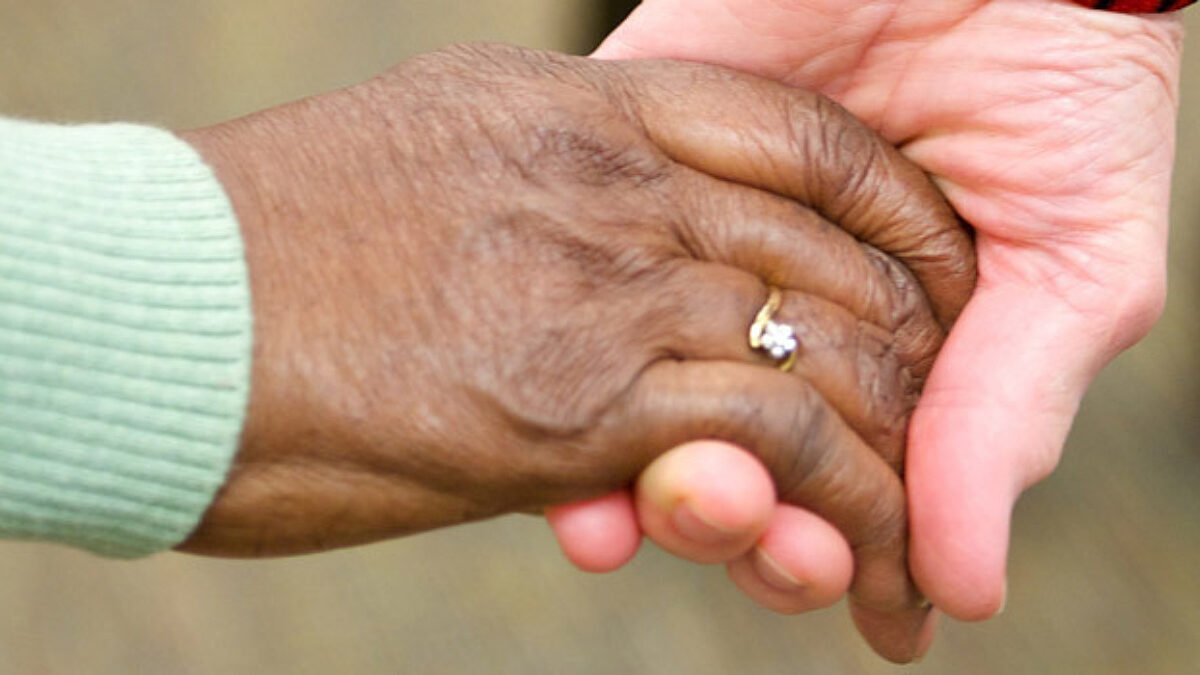
‘Selma’ helps build bridge to racial healing in SC
By Jessica Brodie
South Carolina United Methodists are using the movie “Selma” to build new bridges for racial healing and unity.
Churches across the state are seeing the movie en masse or teaming up with other-race congregations to see it, then holding honest and prayerful discussions together about what it means to them, how we view race today and how we can move forward as Christians together.
“Even if you don’t see it together, just get together and talk, because that’s where the healing takes place—when you talk about it together and share your experiences,” said the Rev. Millie Nelson Smith, congregational specialist who is helping to coordinate the statewide “Selma” viewings.
Bishop Jonathan Holston and his Cabinet, along with the Connectional Ministries executive team and the Racial Reconciliation Design Team, saw the movie together Jan. 31, and they have not stopped their discussion about it.
“It’s a good way to engage in real conversation,” said the Rev. Kathy James, Connectional Ministries director.
The Rev. George Olive challenged his entire multiracial congregation at Joseph B. Bethea United Methodist Church, Myrtle Beach, which is 65 percent African-American, to see the movie, then he hosted a lunch and discussion that lasted more than two hours.
“I had career military people in the congregation—the military was the first institution that went through integration—talk about their experiences … a freshman in high school whose mother was born in Liberia shared her experiences. We had a really free-ranging discussion, and from that we got to the point of where do we go now? What do we do about the ugly reality that racism is still with us?” Olive said.
His congregation is holding another racial dialogue March 1 and bringing in columnist Isaac Bailey from the Sun News to facilitate.
#SelmaHandInHand
The conference thrust to encourage the viewings and dialogue stemmed from a conference call Smith and the Rev. Jeannette Cooper participated in between the faith community and Oprah Winfrey (who co-produced “Selma”) with David Oyelowo, who played Dr. Martin Luther King Jr. in the movie.
“Jeannette Cooper invited me to be on the call, which was about how the movie should not just be for entertainment but an opportunity to build a bridge by inviting white and black congregations to see the movie,” Smith said. “It opens the discussion for racial healing and awareness.”
Smith said the call encouraged congregations to use the website SelmaHandInHand.com, as it provides a study guide and other resources. Many are also using the hashtag #SelmaHandInHand to engage in further conversation online.
Smith took what she learned to Connectional Ministries’ James, who took it to Holston, who immediately arranged the Cabinet’s “Selma” viewing and began encouraging UMCs across South Carolina to follow suit.
‘Racial divide still there’
Across the state, many UMCs are doing just that. Cooper, who pastors Mount Zion UMC, Kingstree, hosted a private showing of “Selma” for her community. At her church, she said, the movie was a reminder of their shared history.
“I came along during the time of the marches in the early 1960s, so therefore it is important for me at this point to know that others have latched on to this event that happened,” Cooper said noting that the movie offers a great opportunity for people to reflect. “Many people think the racial divide has been gotten rid of, but that’s not true. It’s more subtle, and if people were to be able to have a conversation with one another about what it means for persons to look at each other as equals, what it means to assess our own deep feelings about racism and bigotry, we’d understand that racism is prejudice with power.”
Cooper said the movie enables people to start a conversation about what it means to treat one another as if we are all God’s children and what kind of impact racism has on the lives of the victims, as well as the perpetrators.
“Sometimes we don't really see how much we allow people to continue in ‘normal’ ways because we don’t know how to address it, and then when we do address it, it comes out as rage, when it’s really fact couched in feeling,” she said.
The Rev. Amiri Hooker, convener of the Racial Reconciliation Design Team, said they see the “Selma” viewings as a way to begin much-needed conversations about race.
“The movie “Selma” really strikes at the heart of where we are: how do clergy, how do churches, how do laity talk about racism, and what does a conversation about justice and equality really mean in our churches?” Hooker said. “We see this as a year that a lot of people are beginning anew to talk about race and race relations. That conversation has to happen in our churches, as well as our community.”
Hooker said the movie will be released on DVD soon, and he hopes the release will begin a whole new wave of viewings and discussions in churches.
Help starting the conversation
James said resources are available in every district for churches who need help hosting a “Selma” viewing and discussion. Contact your district’s congregational specialist for details; click here.